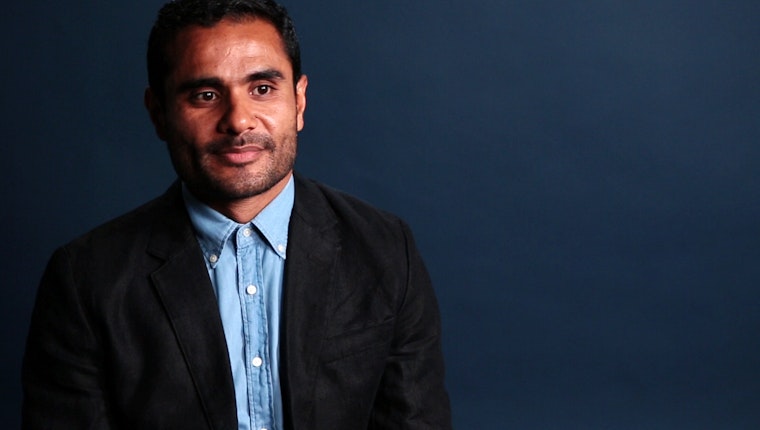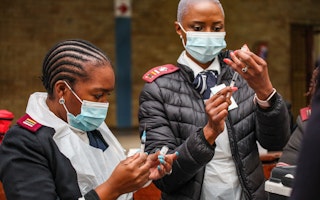How Drug Companies and Bad Patents Put Lives at Risk
By Azzi Momenghalibaf

What’s the value of a vital new medicine if patients who need it can’t get it?
In the last few years, drug companies have reaped record profits by releasing some of the highest-priced drugs ever sold, leaving behind millions of patients who simply can’t afford to buy them. The key tool they’ve used to drive drug prices skyward has been the patent system—a system designed to reward invention and innovation, but which drug companies now manipulate to keep generics off the market.
Patents grant exclusive ownership rights for inventions, lasting at least 20 years. This gives the patent holder a monopoly and the freedom to charge whatever price they like—a rich reward for innovation. But there’s a problem. Too often, particularly in the field of pharmaceuticals, companies get patents for inventions that aren’t actually new. They repackage old science, or make minor modifications to their existing products to keep their patents indefinitely.
That’s where Tahir Amin comes in. As co-director of the Initiative for Medicines, Access, and Knowledge, he is at the center of a global coalition of doctors, scientists, and patients coming together to challenge bad patents for drugs that are critically needed by patients around the world. This week in Argentina, Brazil, China, India, Ukraine, and Russia—home to more than 59 million people living with hepatitis C—his organization and their partners are contesting the patents on a hepatitis C drug called sofosbuvir that in many places costs $1,000 per pill.
Although the drug has important benefits—curing the disease more easily and with fewer side effects than past treatments—its design is based on already-known science, making sofosbuvir a leading example of the drug industry’s abuse of the patent system.
But this action isn’t just about sofosbuvir. If these challenges expose patent abuses and convince governments to grant patents only when they’re truly deserving, they can pave the way for generic drug makers to manufacture needed medicines like sofosbuvir. The resulting competition would drive prices down and cast a lifeline to hepatitis C patients across the world.
As Amin argues in the video above, in the early 2000s, the world saw the power of generic drugs to exponentially expand the availability of HIV medicines. Prices tumbled, and millions of lives were saved.
Now, with 700,000 people dying each year from hepatitis C worldwide, we must once again prevent spurious patents from standing between patients and their right to healthy, productive lives.
The Initiative for Medicines, Access, and Knowledge is a grantee of the Open Society Foundations. At Open Society is a video series highlighting the people and ideas that are inspiring our work—and changing the world.
Until November 2021, Azzi Momenghalibaf was a senior program officer with the Open Society Public Health Program.


